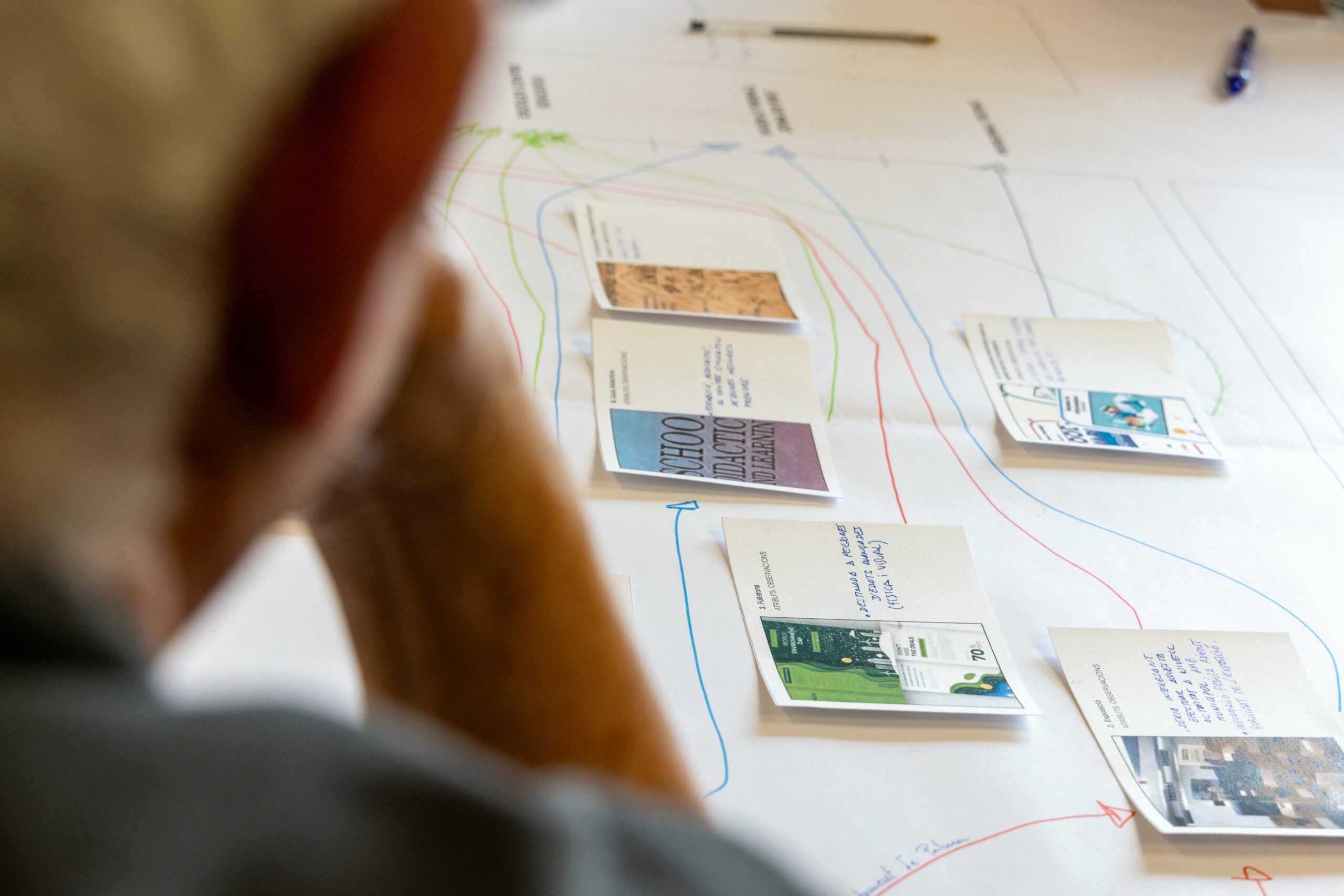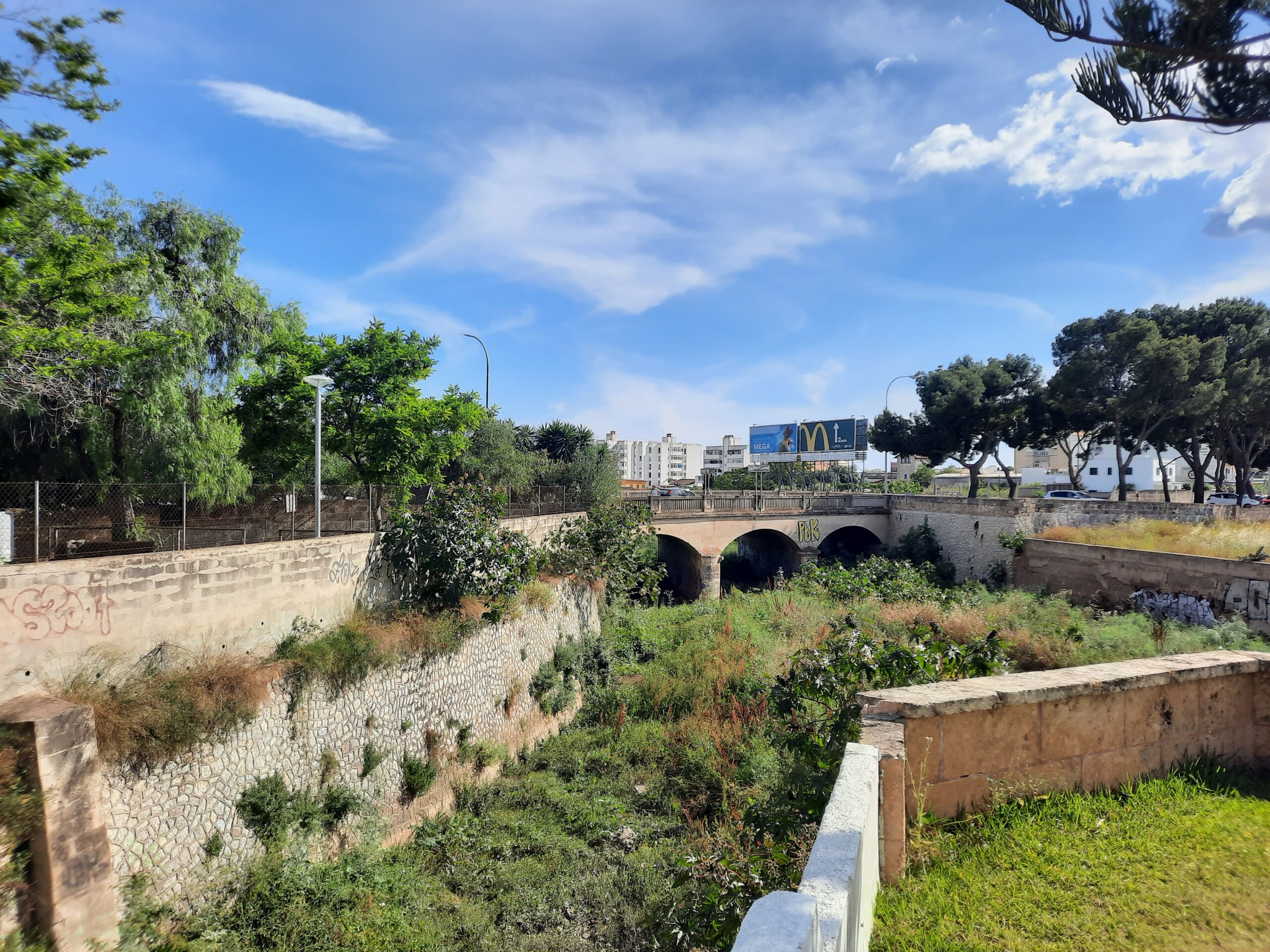On Wednesday, the 5th of June, the second session of the participatory workshop on flood risk management in the Torrent de na Bàrbara and Torrent Gros basins took place at the University of the Balearic Islands (UIB). This workshop focused particularly on raising public awareness and preparedness for flood risks, emphasising the need for a collective and cross-sectoral response to this growing challenge.
Around thirty participants took part in the session, including representatives from various public administrations such as the Palma City Council (infrastructure and environmental departments), Marratxí City Council, the Balearic Government’s Directorate General for Emergencies, Water Resources, the Civil Guard, and professional associations, such as the College of Civil Engineers. Teachers and staff from educational centres in flood-prone areas were also in attendance, including those from IES Son Pacs and Sant Josep Obrer. Representatives from the Ramon Llull Diocesan Foundation and the Son Güells residence, located in a critical section of Torrent de Na Bàrbara were also present. Several research groups from the UIB were actively involved in the session, contributing directly to the development of LocAll4Flood. The workshop was facilitated by Mixité, a company specialising in participatory processes and community engagement.


A key moment in the session was the presentation of the preliminary results from public surveys. Conducted in 2024 with residents and workers from the affected areas, these surveys explored issues such as risk awareness, familiarity with alert systems, trust in institutions, and actions that could help reduce vulnerability. Participants also reviewed and discussed educational and awareness-raising materials aimed at schools and the general public. These activities are part of the quadruple helix approach promoted by the project, which involves public authorities, academia, civil society and the private sector in developing integrated, sustainable responses to flood-related risks.
Throughout the session, the need to strengthen inter-institutional coordination, improve risk communication, and empower citizens to take an active role in their own protection was emphasised. The initiative has also attracted significant media attention, as reflected in the coverage by Diario de Mallorca, helping to raise public awareness and bring flood risk management into the social and political spotlight in the Balearic Islands.
A third session is planned in the near future to build further on the ideas and proposals that have emerged through this collaborative effort.


